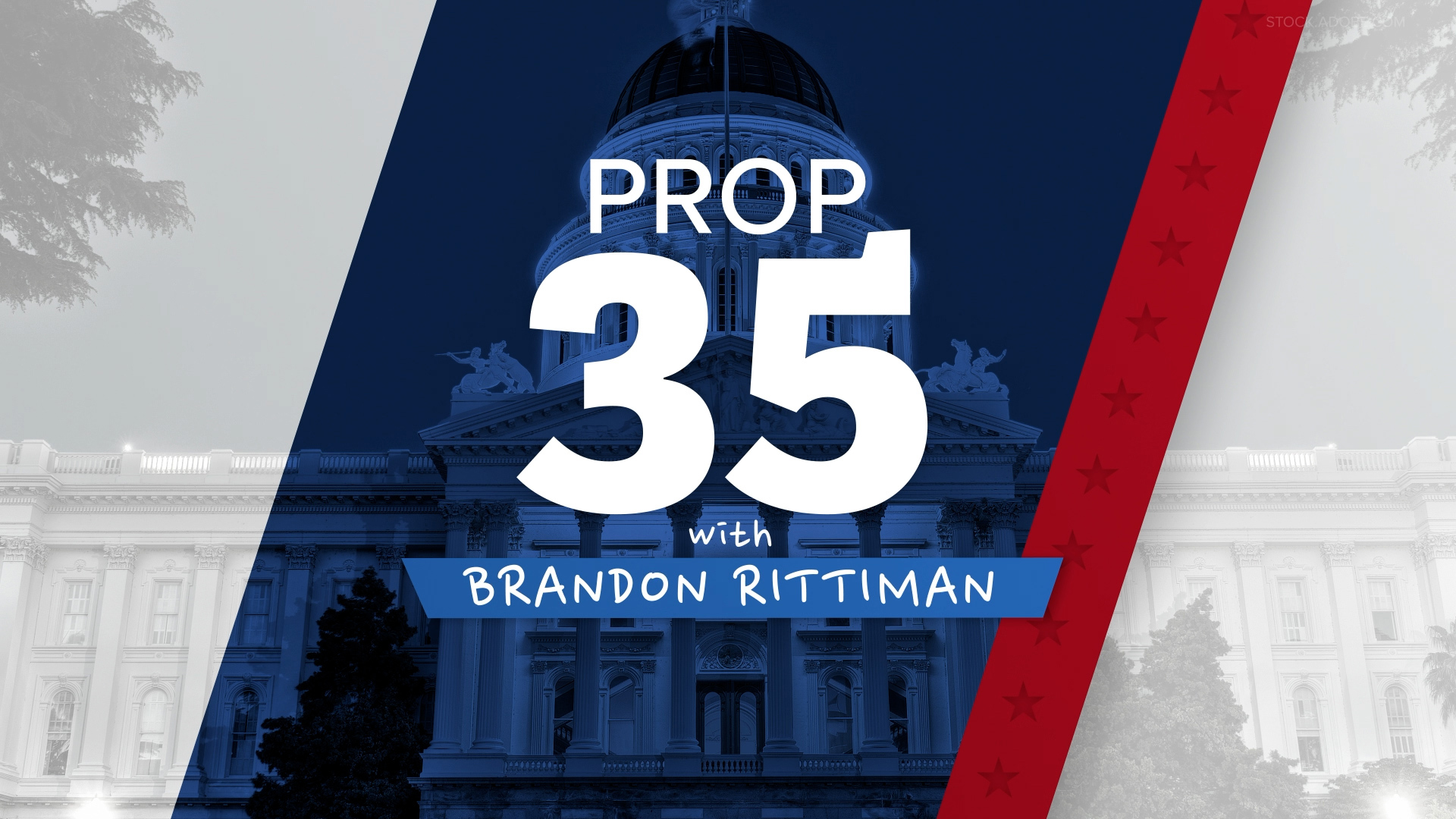SACRAMENTO, Calif. — Proposition 35 has passed.
Voters strongly backed the measure, which will make permanent the existing tax on managed health care plans that is set to expire in 2026, providing revenue for health care services for low-income families with children, seniors, disabled people and other Medi-Cal recipients.
LIVE ELECTION RESULTS FOR PROP 35 NOVEMBER 5, 2024 ELECTION:
What is Prop 35?
If passed, Prop 35 would make a tax on health care plans permanent. Money from the tax revenue would be used to fund Medi-Cal services.
Roughly a third of the state's population uses Medi-Cal, the public insurance program for folks with low income or disabilities.
Money from the tax would mainly be used to pay doctors, hospital services, and more.
What does a YES vote on Prop 35 mean?
A yes vote would create permanent funding for Medi-Cal via a tax on health plans. New rules would determine how the state can spend this revenue.
What does a NO vote on Prop 35 mean?
A no vote means the current state tax on health plans would end in 2027 unless the legislature continues it.
Who supports Prop 35?
Prop 35 has bipartisan support as well as backing from several health organizations. Supporters include:
- Planned Parenthood Affiliates of California
- American College of Obstetricians & Gynecologists
- American Academy of Pediatrics, California
- California Medical Association
- California Hospital Association
- California Dental Association
- California Primary Care Association
- California Democratic Party
- California Republican Party
More than $81 million has been invested into support for this ballot measure.
Who opposes Prop 35?
Though no groups have registered their opposition, Gov. Gavin Newsom has said he doesn't agree with how the initiative "hamstrings" flexibility for using funds.
Official Ballot Summary
Makes permanent the existing tax on managed health care insurance plans, which, if approved by the federal government, provides revenues to pay for Medi-Cal health care services.
Fiscal Impact: Short-term state costs between roughly $1 billion and $2 billion annually to increase funding for certain health programs. Total funding increase between roughly $2 billion to $5 billion annually. Unknown long-term fiscal effects.
Supporters: Planned Parenthood Affiliates of CA; American College of Obstetricians & Gynecologists; American Academy of Pediatrics, CA.
Opponents: None submitted.

